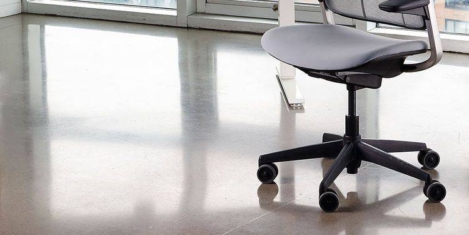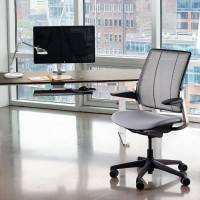July 28, 2015
Government urges employers to recruit untapped disabled talent
 The number of disabled people in employment has experienced a growth equivalent to around 650 people every day, according to new figures from the Department for Work and Pensions (DWP). They’ve been published to mark the first two years of Disability Confident; launched in 2013 to work with employers to remove barriers, increase understanding and ensure that disabled people have the opportunities to fulfill their potential in the workplace. The campaign has been backed by 376 firms so far and seen the number of disabled people in work increase by 238,000. With research this week from the Centre for Economic and Business Research and Averline, revealing that small employers still had 520,000 vacancies that they were unable to fill because of a lack of relevant skills; Minister for Disabled People, Justin Tomlinson, challenged businesses to consider the boost untapped disabled talent could bring to their workforce.
The number of disabled people in employment has experienced a growth equivalent to around 650 people every day, according to new figures from the Department for Work and Pensions (DWP). They’ve been published to mark the first two years of Disability Confident; launched in 2013 to work with employers to remove barriers, increase understanding and ensure that disabled people have the opportunities to fulfill their potential in the workplace. The campaign has been backed by 376 firms so far and seen the number of disabled people in work increase by 238,000. With research this week from the Centre for Economic and Business Research and Averline, revealing that small employers still had 520,000 vacancies that they were unable to fill because of a lack of relevant skills; Minister for Disabled People, Justin Tomlinson, challenged businesses to consider the boost untapped disabled talent could bring to their workforce.




























July 28, 2015
Beyond branding – how workplace design can express a firm’s culture
by Gary Chandler • Comment, Facilities management, Workplace, Workplace design
(more…)